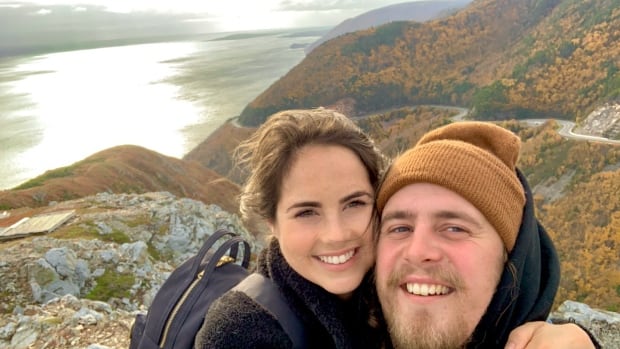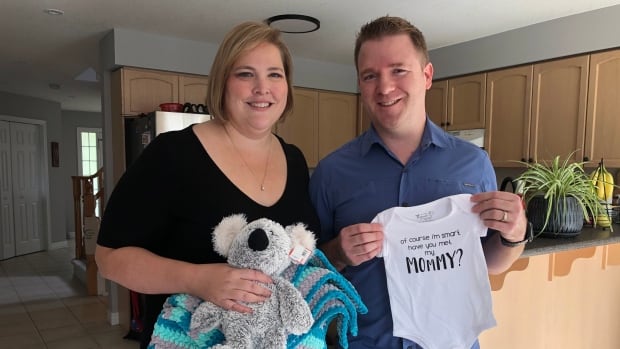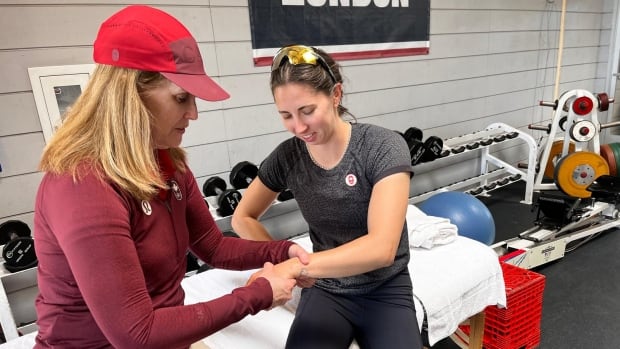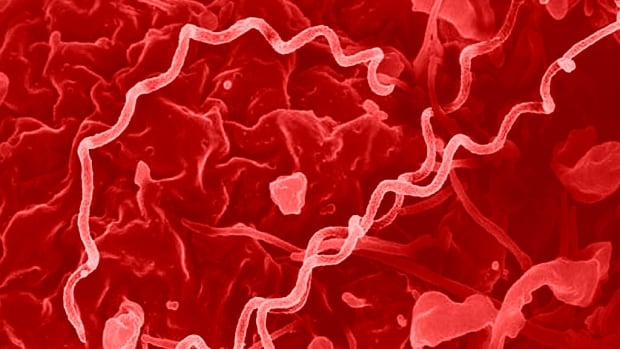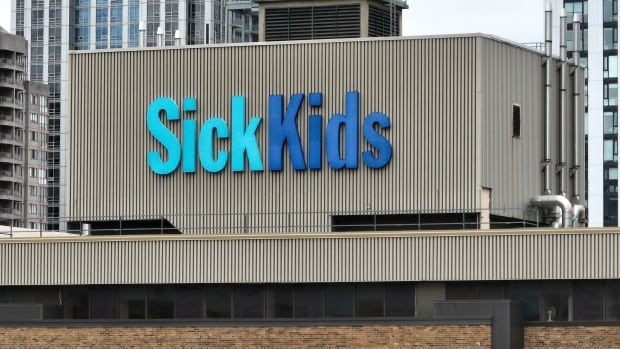A Dartmouth woman facing tough odds to find a kidney donor says the lack of family doctors in Nova Scotia is complicating her search.
As of Feb. 1, there were 153,373 people on the province’s Need a Family Practice Registry.
All of those people are ineligible to donate an organ unless they can find a family physician or nurse practitioner to screen them for suitability.
“I totally understand the rationale behind it,” said Ellie O’Brien. “And, of course, the health of the donors is the number one priority there…. But it is a huge, huge barrier for us.”
O’Brien was first diagnosed with kidney failure at the age of 16. She had a kidney transplant the following year.
“I had a few ups and downs, but overall I had an amazing 13 years with that kidney,” she said.

She finished high school, went to St. Francis Xavier University, earned a nursing degree and started working in Halifax in the dialysis unit where she had previously been a patient.
“I rode that kidney out until it failed in October of 2022,” said O’Brien, now 31.
She had to stop work and go back on dialysis while looking for another donor.
“It’s a little bit different this time around,” she said. “Because I do have a history of kidney transplant and blood transfusion, that actually increases your risk of developing something called donor-specific antibodies…. It’ll just put me at high, high risk for rejecting.”
Her doctors have told her the odds of finding a new donor match are about 1 in 400.
Recently, a friend launched a social media campaign on her behalf, and the response has O’Brien feeling more optimistic.
“There have been some people that have been interested. And I just tell them they have to call the donor co-ordinator, and she takes it from there.”
Among the co-ordinator’s first questions for prospective donors is whether they have a family doctor.
“My mom’s long-term partner, he actually called and tried to get worked up, but he doesn’t have a family physician or a nurse practitioner, so essentially he was just turned away,” she said.
O’Brien’s family was able to match him up with a nurse practitioner and he’s going forward with the screening.
“But … for a lot of people that’s not an option,” she said.

Nova Scotia Health would not make anyone available for an interview.
In a statement, spokesperson Jennifer Lewandowski said that because living kidney donation is associated with significant short-term risk and potential long-term risk, the program has to ensure that complex assessment is performed according to the best medical practice, and that the donor has access to comprehensive followup.
“At present, any potential donor who contacts the program and doesn’t have a primary care provider can sign up for the Need a Family Practice list and NSH will work to match them with a care provider,” she said.
“To our knowledge, there has not been a situation in this program where a recipient has been disadvantaged by the current requirement.”
NSH is reviewing how other jurisdictions approach this situation and whether there are safe approaches to support donors who don’t have a family doctor, she said.
O’Brien has been told by her doctors that without a living donor, she could face a wait of five to 10 years — all the while on dialysis — on the deceased donor list.
A transplant would change her life, she said.
“I could go back to work. I miss travel so much. I was a huge traveller during my transplant life. And I mean it would mean everything to me and my family. It would just give me my freedom back.”
